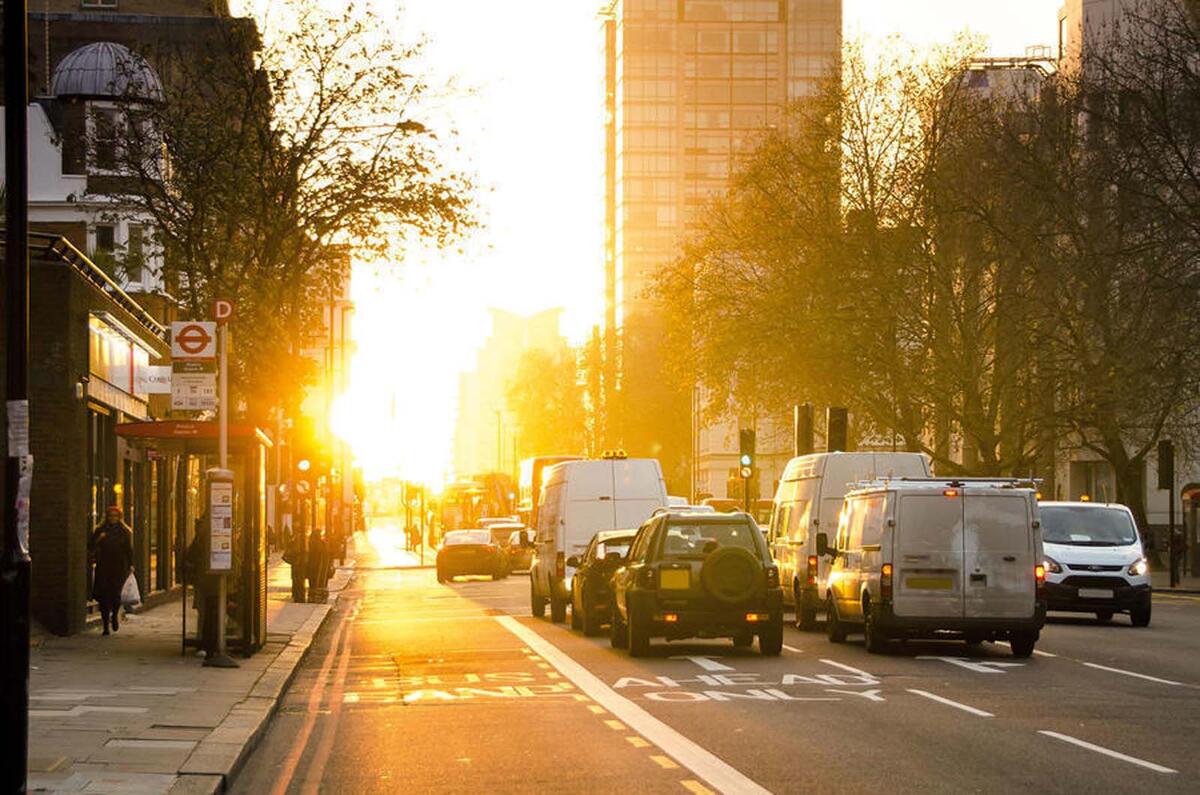At the end of last week, the parliamentary committee for business, energy and industrial strategy concluded, and announced, that the government should bring forward its proposed ban on the UK sale of new petrol and diesel-only cars and vans by eight years to 2032, to help the fight against global warming.
Ignoring for a moment that the end of 2018 is almost in sight, that’s about 14 years from now. Coincidentally – or perhaps not – 14 years is about what the Society of Motor Manufacturers and Traders (SMMT) currently estimates the average life of a car to be before it’s scrapped. To be precise, the SMMT reckons it’s 13.9 years, and while that figure dates back to calculations made in 2015, it’s the most recent statistic available.
If, and it really is only if, the government did bring forward its proposed 2040 ban to 2032, it would mean every new car sold in 2018 or before will be coming to, or have reached, the end of its useful life by the time the ban comes into force. That neatly paves the way for a wholesale electrification/hybridisation of our road traffic from that day forward. Well, that’s the theory.
What it also paves the way for is massive and increasing uncertainty in the years leading up to the ban on petrol and diesel sales, starting from, well, pretty much right now if that 14-year figure is to be taken into account. No one is saying that we won’t be able to use petrol and diesel-fuelled cars on UK roads after a ban on sales of new ones, but would you buy a new petrol or diesel car in 2019 knowing that 13 years later it would, in effect, be worthless? Perhaps you would, but would you buy one in 2024? Or 2029? Would anyone?
Hybrid vehicles confirmed as exempt from 2040 petrol and diesel ban
Never mind the fact that plans for a nationwide charging infrastructure to support the switch to electric cars is about as clear as mud, the effect the sales ban could have on new car sales in the lead-up to it would be catastrophic. The SMMT has already said a 2040 date is ambitious, and chief executive Mike Hawes has politely described the even earlier proposal as “almost impossible”.
Without a clear strategy to address the looming and growing redundancy of new car stock in the run-up to a ban, the sales market would be thrown into turmoil and could possibly collapse through the floor. Would buyers of non-hybrid/non-electric vehicles in the meantime be placated with the promise of attractive scrappage incentives post-2032? Or post-2040? Or post-whenever it might happen? The government's recent cutting of grants to buy hybrids and EVs suggests not.
A 2032 ban almost certainly won’t happen, of course. Back in July, the government published its ‘Road to Zero’ report, going into more detail on how the proposed 2040 ban would be implemented. Some critics responded by accusing the Conservatives of watering down the original proposal, and that in turn put fuel on the fire (pardon the pun) that led to last week’s call for an even earlier petrol and diesel sales cut-off.
Unfortunately, government policy is all too often driven by short-term political gain (or damage limitation), resulting in ill-considered knee-jerk responses and non-solutions to immensely complex issues – and as immensely complex issues go, a co-ordinated multinational strategy to cut CO2 emissions in order to address global warming is right up there.
The consensus, of course, is that something really does need to be done. Following the publication of a recent Intergovernmental Panel on Climate Change (IPCC) report, some scientists are now suggesting that we have just 12 years to prevent ‘catastrophic’ temperature rises. It would, apparently, require near-draconian industrial and societal changes in order to address that – so much so that choosing whether to buy a new petrol Ford Focus or a Nissan Leaf in a couple of years’ time could be the least of our worries.
Read more
Transport experts call for tougher rules to slow petrol and diesel sales
Hybrid vehicles confirmed as exempt from 2040 petrol and diesel ban
London set to ban older private petrol and diesel cars




Join the debate
Add your comment
If they could.
If only someone could come up with a cheap say under £20,000 Car, a “People’s Car” have enoug( creature comforts we all have gotten used to having, I wonder who might do that...?hmmm.
The ban
The ban, presently set for 2040 (though the virtue-signallers in Holyrood seem to think 2032 is practical) is for the sale of new vehicles powered solely by ic engines. There is no proscription on the continued use of existing vehicles, so a good car bought in 2039 will still be serviceable for years after that. There is no proscription on the sale of hybrids either, so the likely scenario is that hybrids will be all that is made in the 2030's.
Personally, I will be nearing the end of my driving life by 2040, so I will have a little petrol car as a runabout, bought as late as possible.
Given the complete lack of provision of electriity distribution, and the news today of the cancellation of plans for a new nuclear station at Sellafield, there is no way that pure electric cars will be feasible for all at any foreseeable time.
I'm not even touching on the dubious environmental credentials of electric cars, nor the likelihood of practical range making them suitable as the sole vehicle in a household.
Life expectancy of 14 Years?
Life expectancy of 14 Years? Does this figure include accidents? There's a bazillion cars built before 2004 that are still doing a decent job.